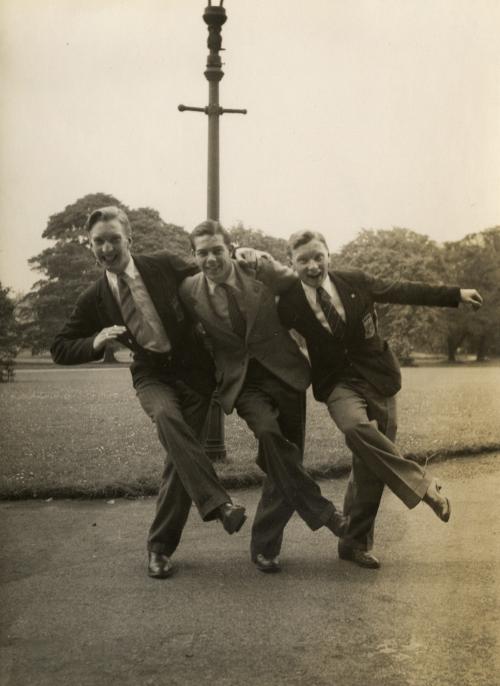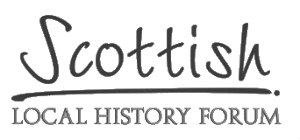Official Records of the University of Strathclyde and its Antecedents
About this Resource
The University of Strathclyde in Glasgow has a rich and complex history. Established as Anderson’s Institution in 1796, it was subsequently known as Anderson’s University from 1828-1877; Anderson’s College from 1877-1886; the Glasgow and West of Scotland Technical College from 1887-1912; the Royal Technical College from 1912-1956, and the Royal College of Science and Technology from 1956-1964. In 1964, the Royal College of Science and Technology merged with the Scottish College of Commerce and received a Royal Charter, creating the University of Strathclyde as we know it today. In 1993, Jordanhill College of Education, which was then the largest teacher training college in Scotland with a long and fascinating history of its own, merged with the University of Strathclyde to become its Faculty of Education. Throughout its history, the University has retained a strong focus on scientific and technical education and on the provision of ‘useful learning’ for all.
The official records of the University of Strathclyde and its antecedent institutions contain a good deal of valuable information for local and family historians. These records include: minute books; financial records; registers of students; staff records; student magazines; records of student and staff clubs and societies; photographs; prospectuses and course handbooks, and plans of buildings erected or acquired by the University in and around Glasgow, such as St David’s Ramshorn Church and the Barony Church (now the Barony Hall). The University of Strathclyde Archives and Special Collections also holds the personal papers of many former students and staff, including John Logie Baird, pioneer of television, and James ‘Paraffin’ Young, father of the oil industry in Scotland.
Organisation
This resource is held by:Contacts
Resource Details
Resource Type
Subject
Geographical Coverage
Era
Access
Online Availability
Official Records
Location
Other Information

Please note that links to websites and catalogues are provided by the Organisations listed and not maintained by Scottish Local History Forum.
